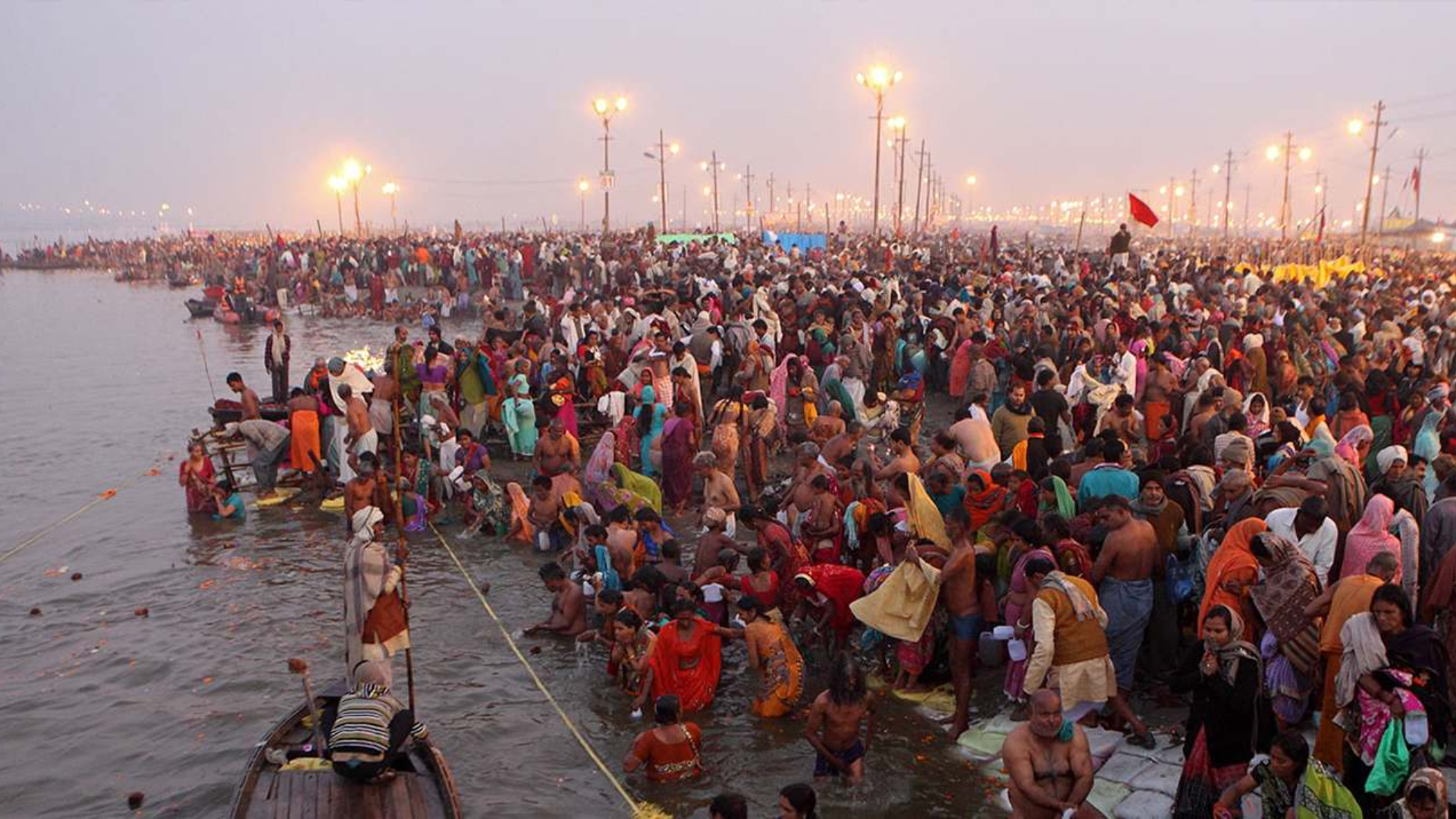Manish Sisodia, the former Deputy Chief Minister of Delhi, wrote a letter to the country from Tihar Prison. In it, he asks why leaders in positions of authority have not developed good schools and universities for the country’s children.
He ponders why education has always been sidelined, despite its critical importance. Sisodia wrote, “If politics had devoted its resources and energy towards education, every child in our nation would have had access to quality schools like developed countries. It is easier to silence dissent by imprisoning critics than to establish quality educational institutions for all children in the country.”
“In Uttar Pradesh, a folk singer who expressed dissent was threatened with imprisonment by the government. Similarly, when a Congress spokesperson used a term that referenced Modi ji, police in two states apprehended him like a movie scene. The reason Arvind Kejriwal ji is considered a criminal is because he has introduced a new form of politics that challenges Modi ji’s approach. As a result, two members of Kejriwal’s government are currently imprisoned,” he wrote.
He went on to say that the image is as clear as day. Prison politics strengthens the ruling leader’s position. Nevertheless, the problem with education politics is that it empowers the nation rather than the individual leader. The country will advance if every child, regardless of family circumstances, receives an education and grows into a productive citizen.
“Fortunately, during this period of freedom, the country has two contrasting political approaches- politics of jail and politics of education. As a result, it’s clear to the nation which approach benefits the individual leader and which benefits the country as a whole,” he added.
Manish Sisodia has compared the country’s prison and education policies. He claimed that motivating children, parents, and instructors takes a lot of effort in education. With prison politics, on the other hand, it is simple to put pressure on investigating authorities to send someone to prison. This method, however, does not work in educational politics. Teachers cannot be forced to labour under duress or fear.
People require respect and love in order to carry out their responsibilities effectively. Leaders have always found it easier to succeed in prison politics than in school politics.
He stated that education politics is gaining favour among voters across the country.
“The success of education in Delhi has influenced the voters of Punjab, who voted for better education, government schools, and colleges. Non-BJP, non-Congress state governments have started to learn from each other’s experiences and experiments on education. Even BJP-ruled states, with poorly managed government schools, have started advertising education on TV. The leaders know that once education becomes a national priority, the politics of jails will be marginalised, and jails will start closing down,” he wrote.
He concluded that he feels India’s future lies in education politics, not prison politics. He emphasised the interconnectedness of education and politics, and that India will emerge as a world leader not via the strength of its prisons, but by the power of its education system. Despite the current dominance of prison politics in Indian political discourse, Manish Sisodia believes that education would eventually take the lead.


















